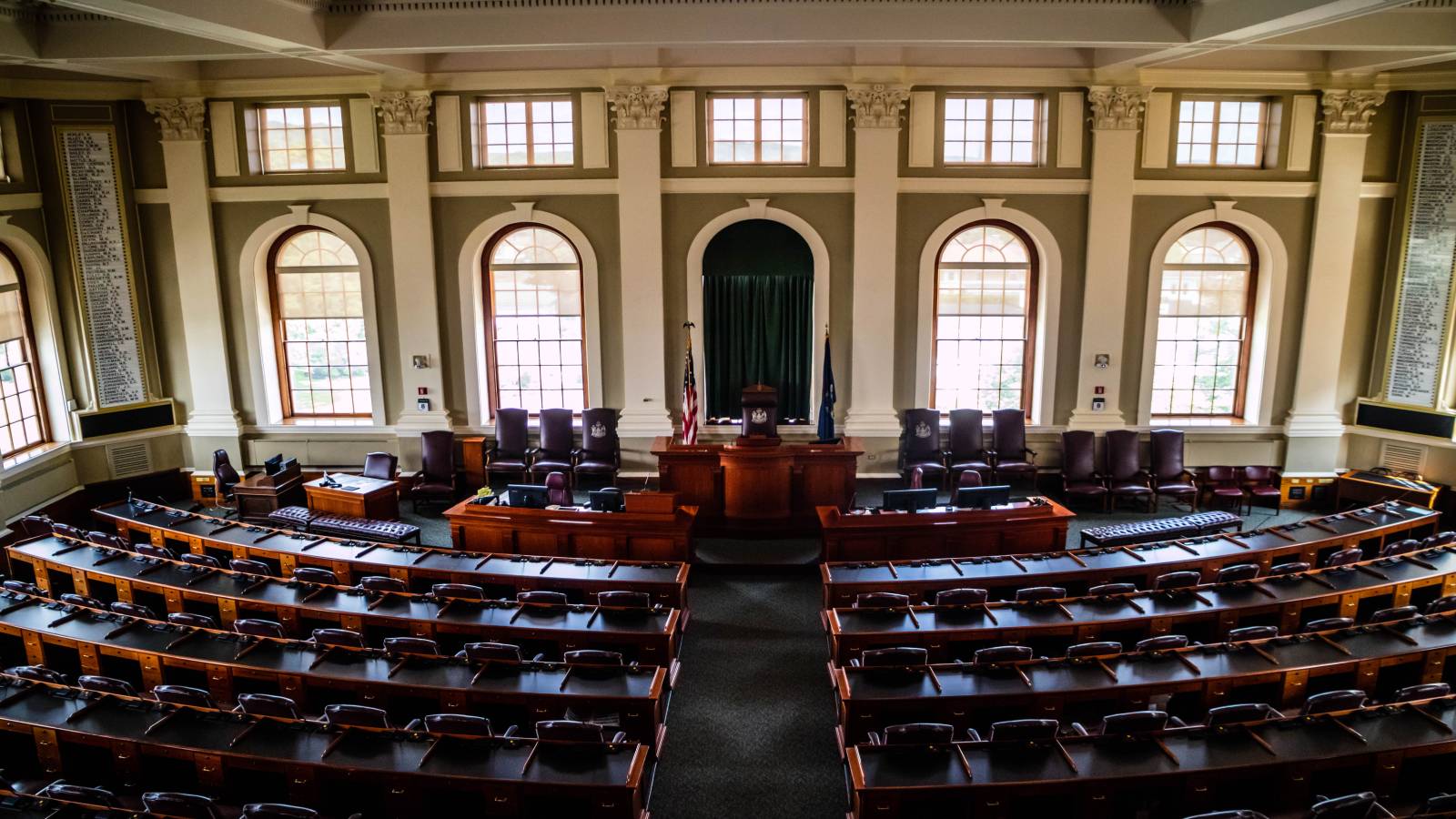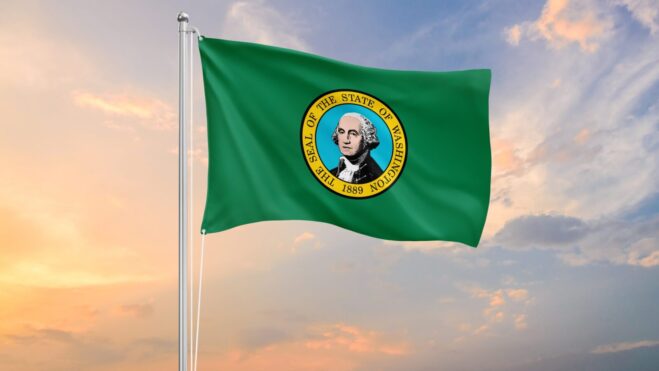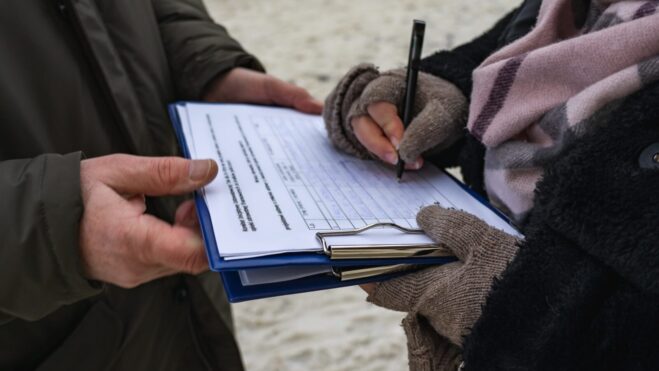Maine Closes Legislative Session Without Online Casino Approval
Maine will no longer consider online casino legislation this year after the defeat of a bill that would have authorized online gambling.
2 min

Maine’s attempt at online casino legislation has been a complex and constantly evolving narrative, marked by recent developments that have brought the issue to the forefront of state politics. The attempted, but failed, legislation to allow the Wabanaki tribes to offer online gambling represents a significant chapter in this ongoing story.
The bill that sought to expand the Wabanaki Nations’ exclusive rights to include casino-style online gambling, LD 1777, faced a tumultuous path from the onset. When a last-minute attempt to find support did not work, that essentially brought the matter to a close for now.
State Sen. Mattie Daughtry requested reconsideration of the bill on Tuesday after it had failed to garner enough support in a previous vote. That allowed it back into the legislative spotlight.

As a member who initially voted with the prevailing side against the bill, Sen. Daughtry was able to request a reconsideration to change her vote. This tactic temporarily shifted the bill’s fate in the Senate. The attempt didn’t do any good. The bill received fewer House votes than it did the first time it went before the chamber.
There was also resistance to the bill from Steve Silver, the chairman of the Maine Gambling Control Board. He wrote an op-ed this week for the Portland Press Herald, where he opined that approval of the bill was not in the best interest of Mainers.
Back to square one
This proposal was part of a broader effort to address long-standing inequities against the tribes, who are treated more like municipalities due to agreements that settled the tribes’ land claims. The bill’s proponents argued that it would provide an economic boon to the tribes and surrounding communities, as the tribes would reinvest the new revenue into the local economy.
Green: No state agency has sent cease-and-desist letters to trading platforms. Yellow: State agencies are investigating trading platforms. Blue: State agencies have sent cease-and-desist letters to trading platforms. Red: Trading platforms have made legal filings in response to cease-and-desist letters.
Were the bill to have survived the new vote, Caesars Entertainment and DraftKings would have been looking at an opportunity to expand their domestic footprints. They already provide sports betting operations to the tribes and would have been the choice to operate their online casinos, as well.
The bill’s expected generation of millions of dollars for the tribes in the coming years added another layer to the debate, with discussions centered on the economic impact for both the tribes and existing casino operators. However, opponents, including Silver, raised concerns about the potential for job losses at existing casinos and an increase in gambling addiction.
The Maine legislative session is scheduled to conclude Wednesday, leaving no opportunity this year for further discussion on LD 1777 or any similar online casino bill. Absent any approved request for a special session, lawmakers won’t reconvene until next year.
This also means that there won’t likely be any more progress with online casino legislation anywhere in the U.S. this year. Rhode Island became the seventh iGaming state when it launched its market in March. It now operates alongside Connecticut, Delaware, Michigan, New Jersey, Pennsylvania, and West Virginia.
Maine’s love-hate relationship with gambling
Over the years, Maine has seen a slow progression in its gambling laws, with the state currently hosting one casino, one racetrack with slots, several horse tracks, a smattering of tribal-run gambling halls, and a lottery.
The legislative journey of LD 1777 has been emblematic of the broader challenges faced by gambling legislation in Maine. The bill’s initial defeat in both the House and Senate, followed by its brief revival and subsequent failure, reflects the contentious nature of gambling expansion in the state.





